By Davie Lazure Vieira
Professor Teresa Kramarz, director of the Munk One program at the Munk School of Global Affairs, was recently recognized for her teaching work as the recipient of the 2016–2017 University of Toronto Teaching Fellowship, the only one awarded this year across the University. The fellowship celebrates her contribution in creating interactive, engaging learning experiences in the classroom, and provides support for innovative pedagogical projects and research. It will allow her the necessary time and resources to work on setting up a “global classroom” at the University of Toronto, whose objective is to give students the chance to interact with instructors, practitioners and fellow students in their field of research through technological platforms.
“My project focuses on globally networked learning environments, and it will provide an opportunity for students to understand the realities of the contexts they’re studying by making connections beyond the classroom,” she explains.
Kramarz’s desire to turn theory into practice has always been an important aspect of her life. Following her undergraduate degree in international relations, she won a fellowship at the United Nations in Geneva and became research assistant in the Office of the United Nations High Commissioner for Human Rights. The Iron Curtain was about to fall, and she made her way to Prague to experience history in the making. “I remember the sense of passion, of being a part of this canvas that I wanted to paint with others. It’s what gives you meaning, and it made a huge impression on me. It’s something that I never wanted to let go of—the notion that in the field, I matter. In the classroom, I feel like I matter too because I step outside of myself and impact the lives of others. It’s this feeling of engagement that I always want to share with students.”
An expert on international organizations and global governance, Kramarz has extensive experience on the ground, having worked with the World Bank, the United Nations Development Programme, the Food and Agricultural Organization, and the Canadian International Development Agency.
In addition to her research on the impact of first-year programs on academic engagement, she also coordinates the University of Toronto’s Faculty of Arts and Sciences’ Community of Practice on Teaching and Learning, where professors from a variety of departments and streams meet to share innovative approaches to teaching. “As teachers, we’re really motivated to connect with students in ways that are relevant to their lives as informed and active citizens.”
The structure of the Munk One program, which was launched in 2013, reflects her curiosity with different interdisciplinary ways of learning and applying knowledge. One of the University’s eight foundation programs, Munk One allows first-year students to learn through hands-on courses and labs designed to develop their academic potential and problem-solving skills. Students are encouraged to conduct rigorous analytical research and find creative solutions to global problems such as sustainable development and climate change, health, security, and the gap between rich and poor.
“Munk One stands apart with its unique approach to learning, and leads students to acquire not only a better understanding of the world we live in, but also a better understanding of what it takes to make this a world we want to live in,” explains Quinn Underwood, a former Munk One student. Underwood founded a data visualization company for NGOs and social movements, as well as an app-based company for eliminating food waste, a project for which he will be speaking at the United Nations headquarters in New York this September. He’s now in Myanmar, researching the possible applications of mobile-health technology to address child malnutrition—a project he fully credits Munk One for making possible. “My instructors played a major role in directly and indirectly facilitating my projects—without them, none of this would have come to fruition.”
For Kramarz, it is essential for students to participate actively in the learning process instead of remaining passive learners, and be themselves involved in the creation of knowledge. “I greatly admire the students’ commitment, and I think they’re part of a generation that wants to have an impact on society. They come to us with tremendous energy, they’ve built schools, founded NGOs—for them, knowledge is doing. Our role is to build institutional opportunities to incubate their goals and ambitions.”
Original story here: http://munkschool.utoronto.ca/feature/teresa-kramarz-awarded-teaching-fellowship-to-work-on-global-classrooms/

